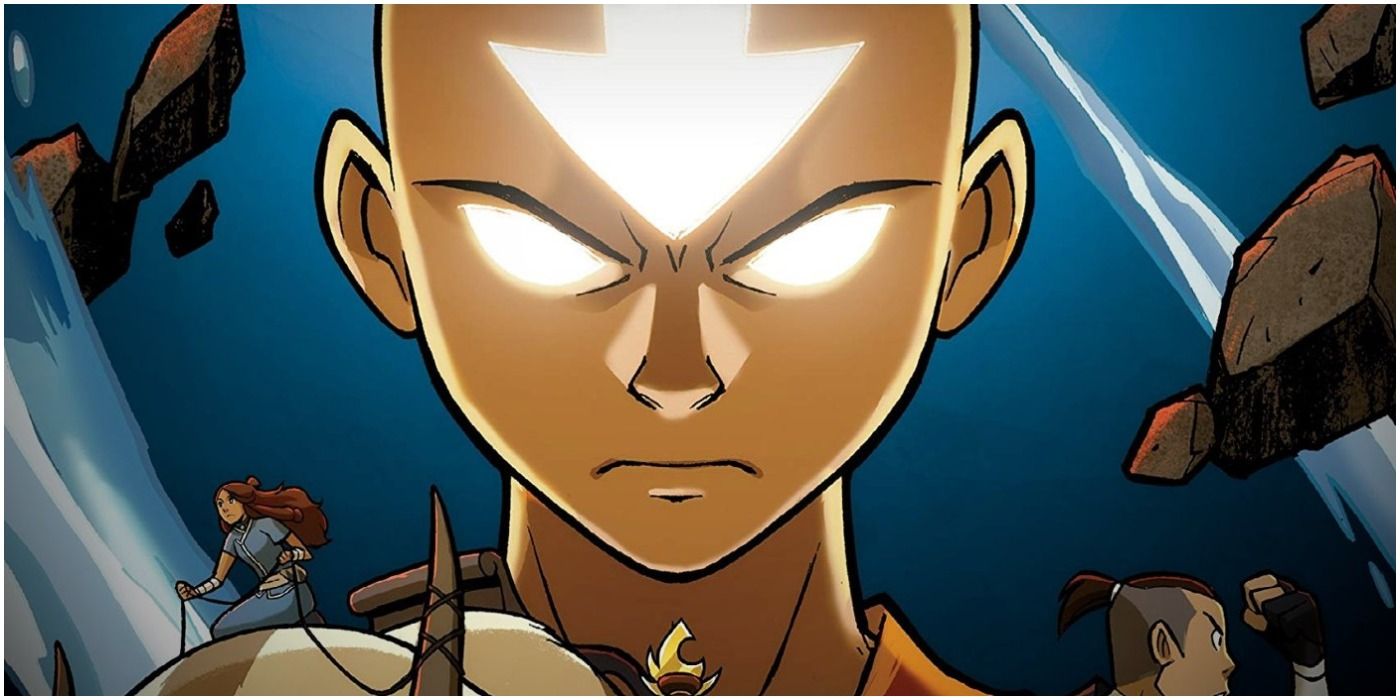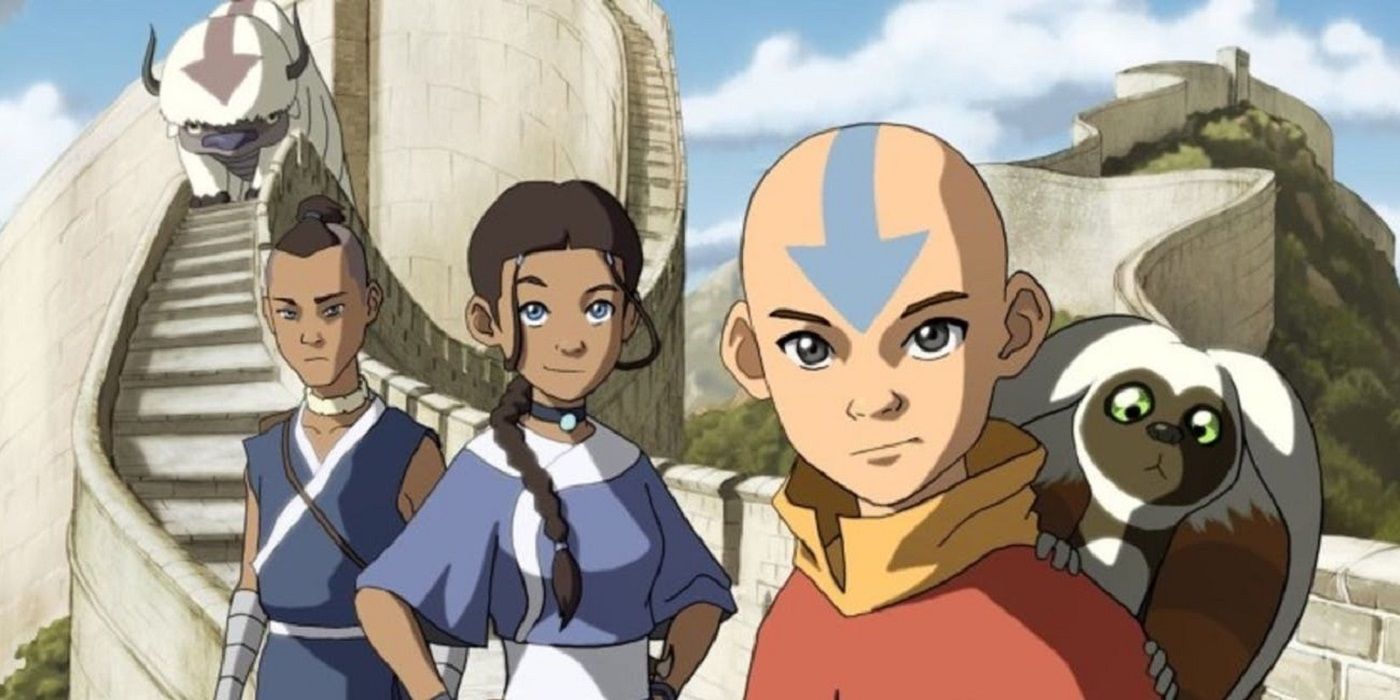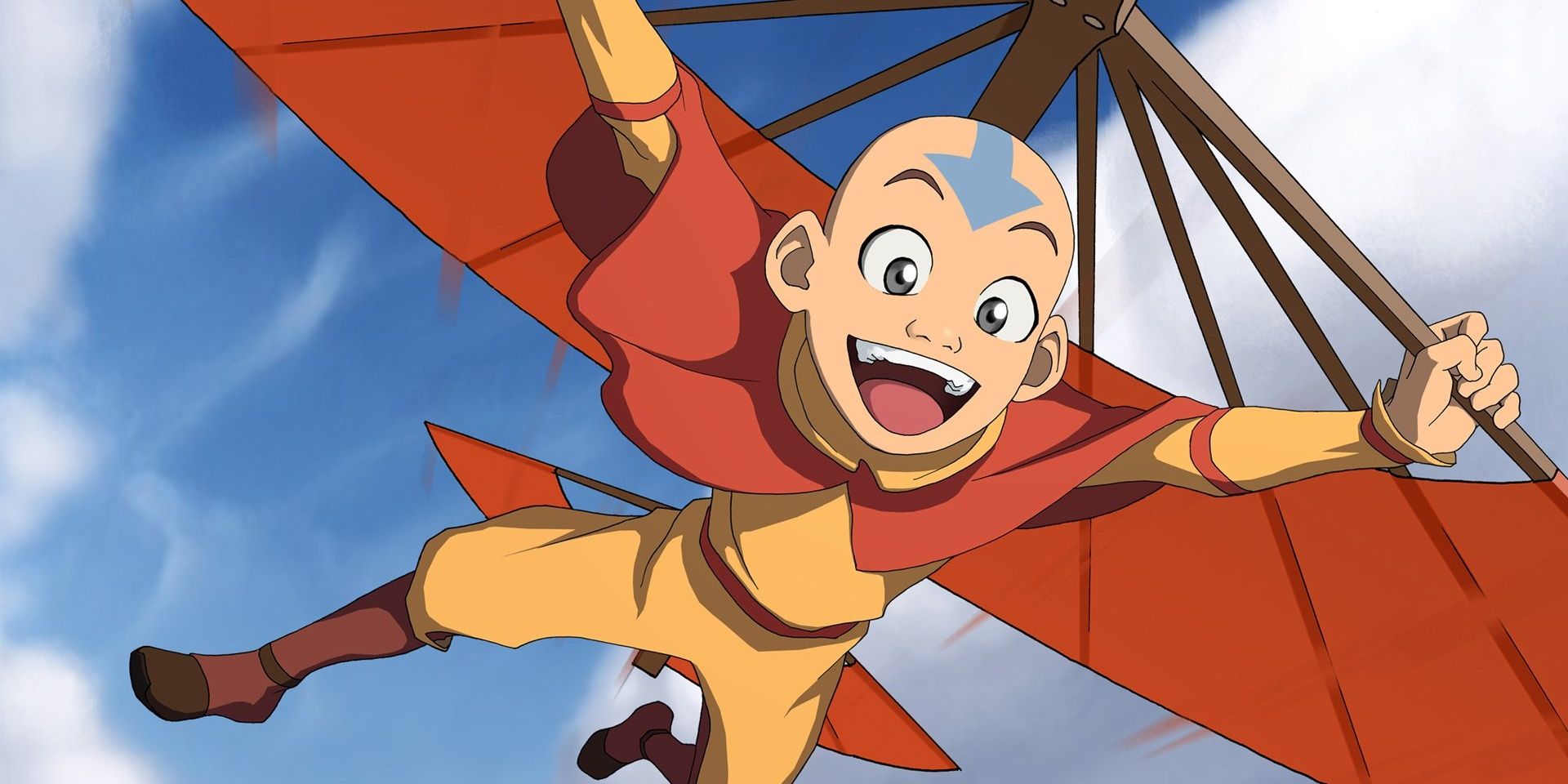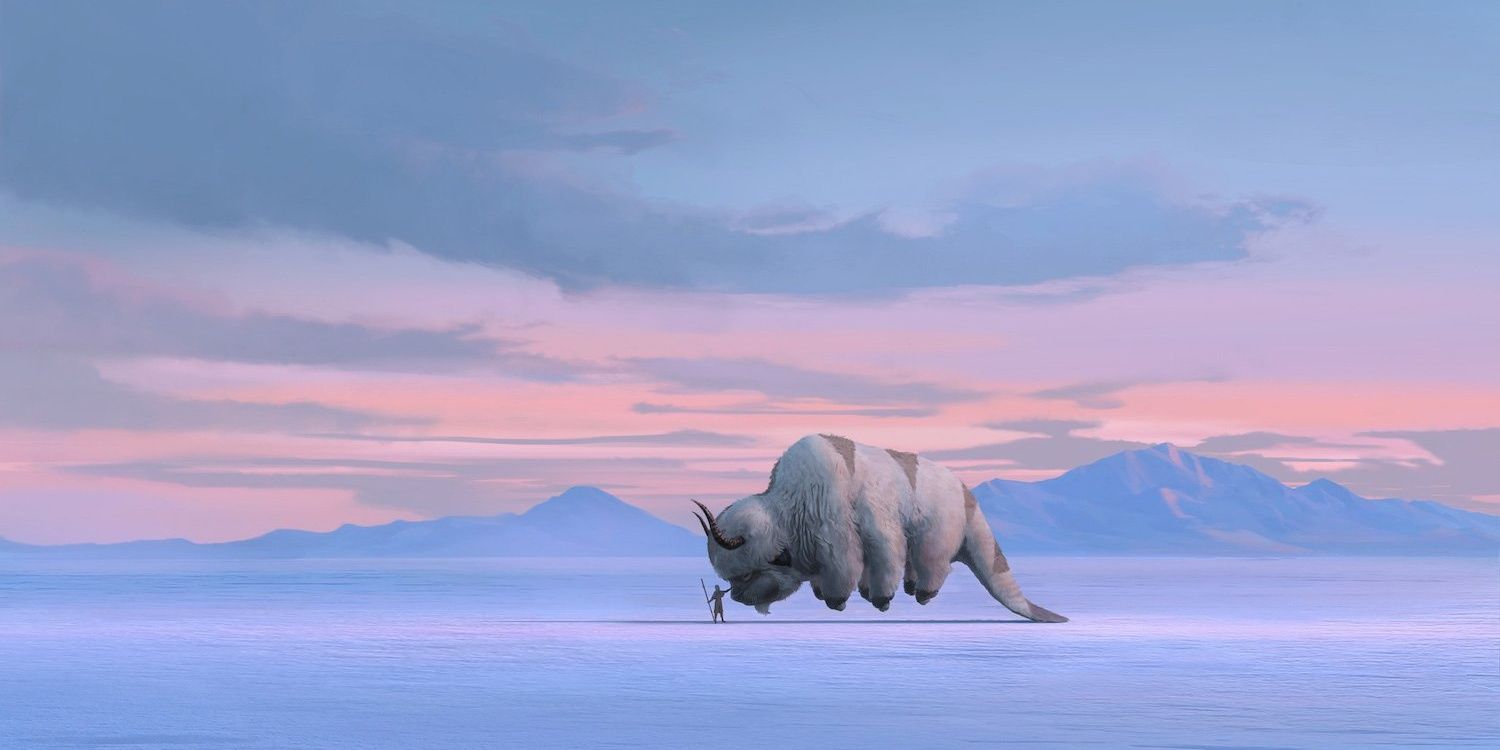Avatar: The Last Airbender is as popular today as it ever was - and with good reason. Initially running on Nickelodeon for three seasons from 2005 to 2008, Avatar debuted on Netflix this past May. Before long it had become the platform's most viewed series, with Avatar still remaining on among the service's Top 10 as of this writing. Needless to say, viewership numbers that strong for a show that wrapped up twelve years ago has raised plenty of eyebrows about just how strong the staying power of Avatar really is.
To be sure, the coronavirus pandemic has seen streaming services essentially replace movie theaters for the past few months, leading to a confluence of die-hards and newbies pulling up Netflix and streaming Avatar at their leisure. Nevertheless, a television series more than a decade removed from its finale isn't going to rise to the top of Netflix if it isn't one that many people aren't already deeply connected to, and one that can easily pull in casual viewers. On top of that, considering the kind of damage that the 2010 big-screen catastrophe that was The Last Airbender very easily could have done to the Avatar brand in the minds of those not already familiar with the show, that simply adds to how impressive its recent streaming success really is.
With Netflix having its own live-action reboot of Avatar in the works from the original show's creators, Bryan Konietzko and Michael Dante DiMartino, the series being such a hit has likely instilled plenty of confidence in the IP. However, none of this truly gets to the core of why the story of Aang and his friends on Avatar remains so popular today. To understand why the series is still so beloved, and how it is capable of viewership numbers to rival Netflix's contemporary shows and movies, one has to look back on just what made Avatar catch on so strongly with viewers in the first place.
Avatar: The Last Airbender Was Important When It Released
When Avatar first kicked off, it offered viewers several elements that couldn’t be found anywhere else. For being an animated series airing on a network as synonymous with children’s programming as Nickelodeon, Avatar was the definition of age-neutral. With its slapstick humor, exhilarating action scenes, and a roster of dynamic characters, all wrapped up in a world that was at once real and ethereal, Avatar easily drew in families, adults, teenagers, and children alike.
The show also brought something truly all its own to the table with the concept of "bending" the elements of Water, Earth, Fire, and Air, which made Avatar’s bending battles as amazing as any action scenes ever seen on an animated series. However, the fact that Avatar was predicated on Asian cultures and mythos was what really sealed the deal of its success. Where representation is front and center in the conversation of every entertainment property today, Avatar was way ahead of the curve in this regard, with each episode essentially taking viewers on a journey from one corner of Asia to the next (with a little Inuit influence also added through the Water Tribes). Avatar, in a nutshell, had something for just about everyone.
Why Avatar: The Last Airbender Is Still Popular Today
Twelve years on from Avatar’s conclusion, the show’s continued popularity can be pinpointed to a few factors. Like Star Wars or The Lord of the Rings, to watch Avatar is to truly step into another world. Its story was a grand and decidedly metaphysical adventure, while its heroes and villains alike were characters that viewers had a real interest in following. Aang’s efforts to master every element as the new Avatar inspired viewers to cheer for a 12 year-old hero tasked with a challenge that no one else in the world had to face, while Zuko's determination to earn the right to return to the Fire Nation made him a parallel protagonist to Aang even when he was trying to capture him.
Furthermore, the fact that Avatar actually came to a clear end may be the most important factor in its longevity. Although Avatar’s story has continued in graphic novel form, the show itself concluded after three seasons, which would give it the real feeling of a legend. For the show’s premise of Aang having such weight on his shoulders to master the elements and end the Fire Nation’s war on the world once and for all, this was an absolutely fitting approach. The story of Avatar had its own epic conclusion, giving viewers an emotional attachment to the story as a real saga. Revisiting Avatar now brings all those feelings of adventure and a battle for the fate of the world flooding back for viewers, and it is arguably the most essential aspect of Avatar remaining so popular today.
How Netflix's Avatar Reboot Can Be Just As Successful
The short answer to the path Netflix's Avatar reboot should take is to simply not be The Last Airbender, but that would be an obvious oversimplification. While there are a number of elements from the orginal show that the reboot should make an effort to integrate, one aspect that can't be overlooked is the story structure that made viewers fall in love with Avatar in the first place. The way Avatar told its tale as three separate "Books" was right at the heart of how it managed to be lightning in a bottle, while the fact that the series did indeed have an end made viewers feel like it was a journey that they themselves had taken part in.
The Avatar reboot would do well to map out a similar kind of story plan with its own endgame in mind, especially considering the finite window afforded by child and adolescent actors aging. Of course, Netflix probably wants the series to have a shot at greater longevity than the three-part story of the original show, but the world Avatar takes place in would allow them to have their cake and eat it too. While the world is still waiting to see what the new series will have in store for Aang and Team Avatar, there are no shortage of Avatars before Aang that Netflix could shift its focus to after wrapping up the main story, while Avatar's sequel show The Legend of Korra would be a no-brainer for Netflix to roll into as well. There's also nothing to say that an actual Avatar must be the main focus of an Avatar-adjacent series, and Zuko in particular would present a golden opportunity for a spin-off, as well.
Avatar's debut on Netflix has been a slam dunk for the service, and while multiple factors play into that, the high esteem the series continues to be held in is doubtlessly among them. With so much time having passed since it reached its end, the series very clearly remains one that strongly resonates with its fans, while having little difficulty in drawing in new ones. Whatever Netflix's reboot of Avatar: The Last Airbender ends up looking like, the show's superb performance on the streaming giant likely makes it safe to assume that the reboot isn't going to have much difficulty in finding its audience.




